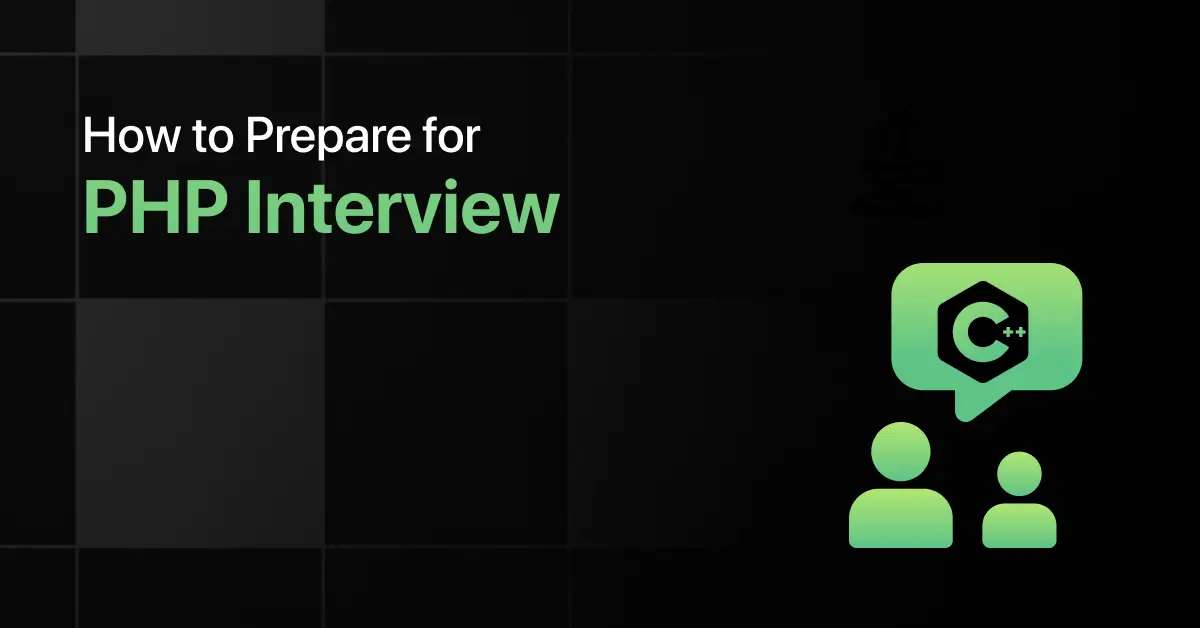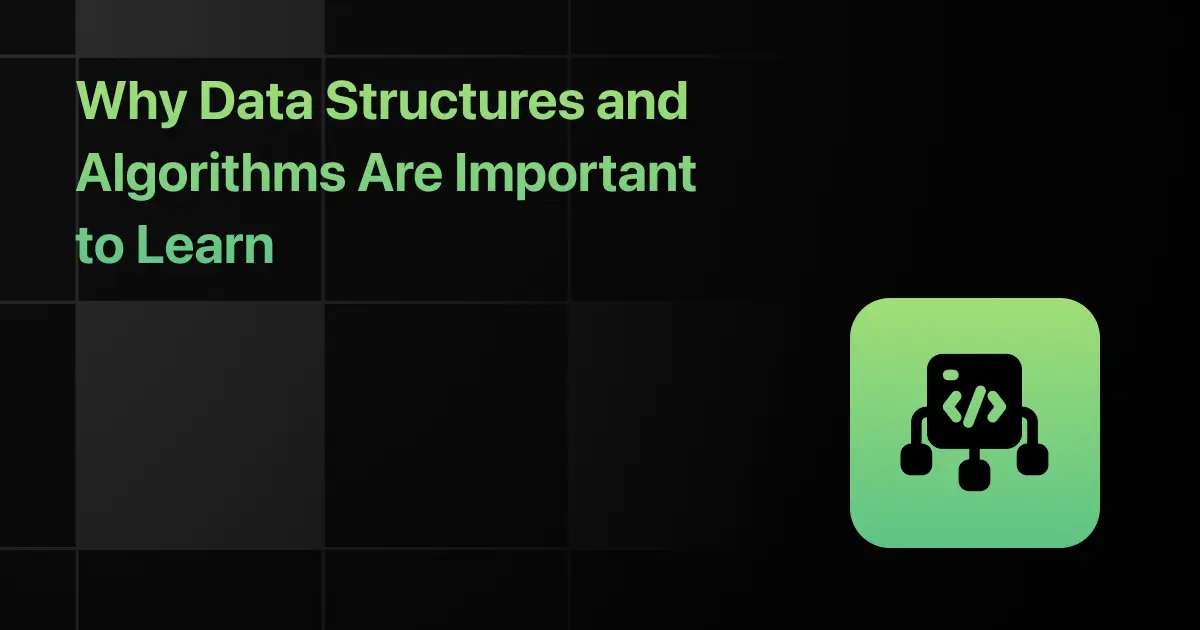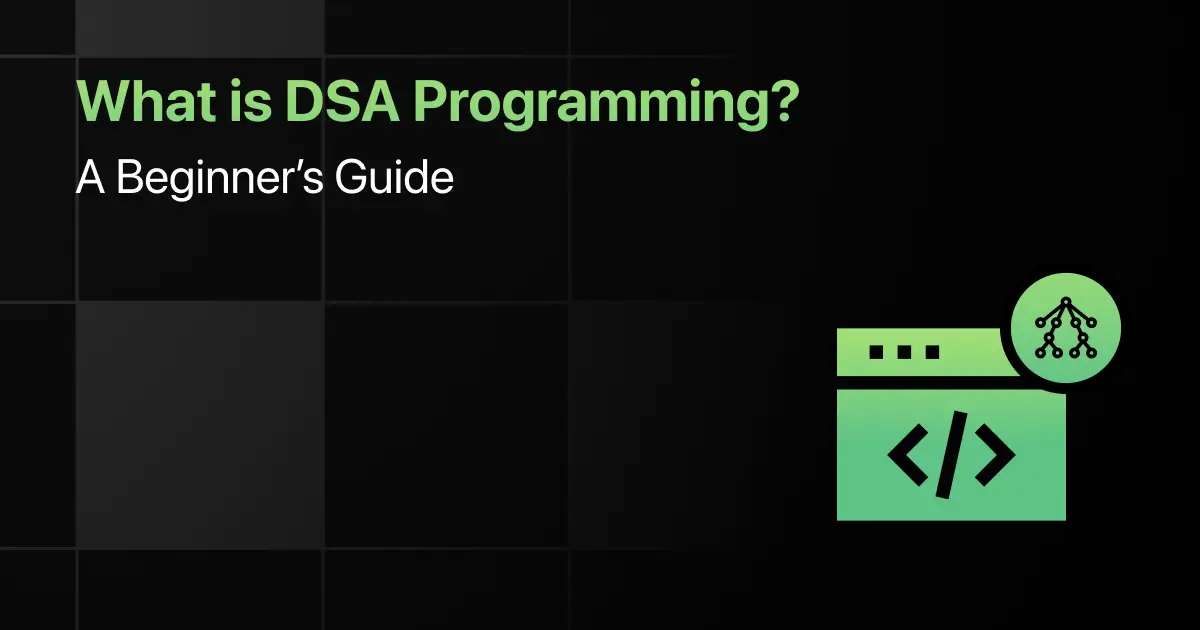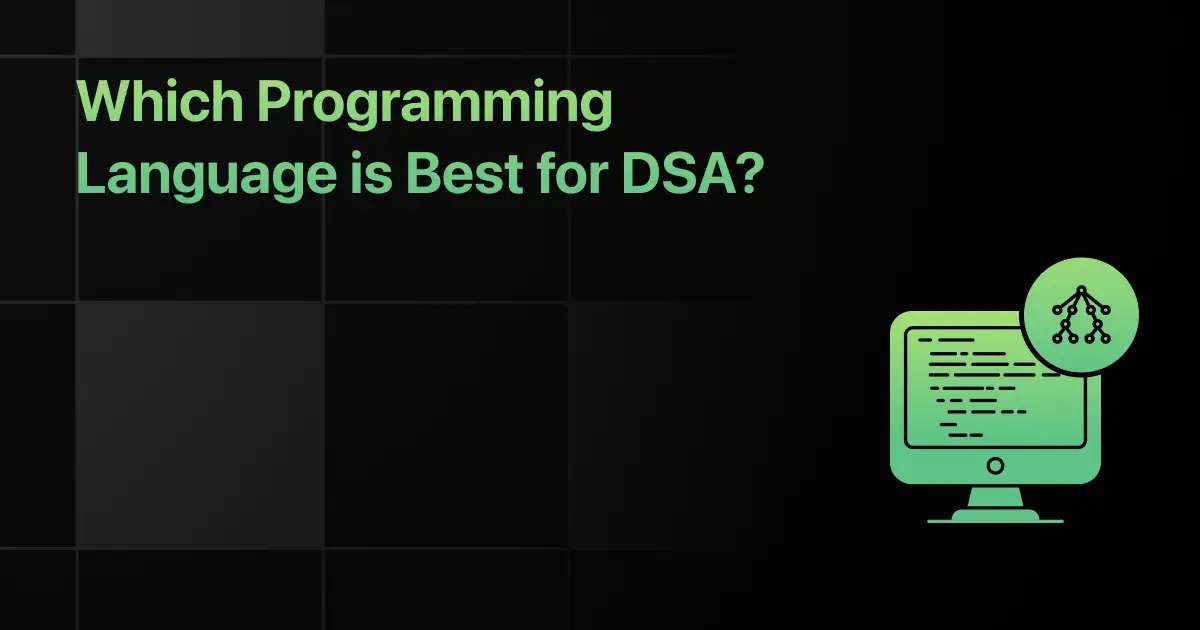How to Prepare for PHP Interview

Are you preparing for a PHP interview but unsure where to start?
Many candidates find it difficult to balance PHP fundamentals, practical coding skills, and commonly asked interview questions during preparation.
This blog will guide you with a structured approach to PHP interview preparation, covering core concepts, coding practice, and proven tips to help you perform with confidence.
PHP Interview Preparation Guide
Preparing for a PHP interview requires a strong grasp of the language basics such as syntax, variables, arrays, and functions, along with advanced topics like object-oriented PHP, sessions, and database integration.
Interviewers often test your ability to build secure, optimized applications while applying PHP in real-world scenarios.
To prepare effectively, it’s helpful to combine theoretical learning with coding practice and also review real interview experiences, which highlight the type of PHP questions companies frequently ask.
1. Master the Core Fundamentals
Before tackling advanced concepts, it is important to revise the fundamentals of PHP thoroughly. Interviewers often begin by testing basic understanding before moving on to practical problem-solving. Key areas to focus on include:
- PHP syntax, variables, and constants
- Data types and type casting
- Operators and control structures (if-else, switch, loops)
- Functions and parameter passing
- Arrays (indexed, associative, and multidimensional)
- Strings and string manipulation functions
- Superglobals ($_GET, $_POST, $_SESSION, $_COOKIE)
- File handling in PHP
- Form handling and validation
- Basics of Object-Oriented PHP (classes, objects, inheritance, interfaces, traits)
- Error handling and exceptions
- Having clarity in these topics ensures that you can answer both conceptual and practical PHP questions confidently.
2. Practice Coding Problems Consistently
Most PHP interviews involve hands-on coding tasks, such as writing scripts, form validation, or integrating with a database. Consistent practice helps you gain speed and accuracy while solving real-time challenges. Focus on problems involving arrays, string manipulation, file operations, and CRUD functionality with MySQL.
Debugging exercises are also important, as many interviewers test your ability to identify and fix errors in PHP scripts. Practicing regularly on PHP Exercises will help you strengthen your coding style and prepare for practical assessments.
3. Prepare for Commonly Asked Interview Questions
In addition to coding problems, interviewers often test your knowledge with conceptual and scenario-based questions. Reviewing common
PHP interview questions helps you understand the areas that are frequently discussed. Some examples include:
- What are the main features of PHP?
- Explain the difference between GET and POST methods.
- What are sessions and cookies in PHP, and how are they used?
- What are include() and require() functions in PHP?
- How is error handling managed in PHP?
- What is the difference between == and === operators in PHP?
- How does PHP connect to a MySQL database?
- Explain the concept of prepared statements and their importance in preventing SQL injection.
- What are traits in PHP and how are they different from interfaces?
- What are the differences between static, public, and private methods?
- How does PHP handle file uploads?
- What are magic methods in PHP (e.g., __construct, __destruct, __toString)?
- Explain the difference between include, include_once, require, and require_once.
- What is the difference between unset(), unlink(), and unset() in PHP?
- How does PHP handle memory management?
Preparing for these questions ensures you are well-equipped for technical rounds.
4. Preparation Tips
- Revise Core Concepts: Go over PHP basics like arrays, functions, and OOP features to ensure you can explain them clearly.
- Practice Common Tasks: Work on coding exercises such as form validation, file handling, and database CRUD operations.
- Take Mock Interviews: Simulate interview settings to practice explaining your solutions and handling time pressure.
- Build Small Projects: Create mini applications like a login system or blog platform to showcase practical PHP skills.
- Review Before the Interview: Spend the final day revising key concepts and common questions rather than learning new topics.
Final Words
Preparing for a PHP interview requires a mix of strong fundamentals, hands-on coding practice, and revision of commonly asked questions.
With a structured approach and consistent effort, you can confidently handle both technical and practical rounds.
Explore More Interview Preparation for
- Python
- Software Developer
- C++
- Machine Learning
- Full Stack Developer
- Front End Developer
- .NET
- C#
- Angular
- Node JS
- C Programming
- JavaScript
- Java
- DBMS
- SQL
- React
FAQs
To prepare for a PHP interview as a fresher, focus on syntax, arrays, functions, form handling, and consistent coding practice.
The most important PHP topics for interviews include arrays, functions, OOP concepts, sessions, cookies, database integration, and error handling.
You should practice PHP coding problems daily on arrays, string manipulation, and CRUD operations until you can solve them confidently within time limits.
The best platforms to practice PHP coding questions are PlacementPreparation.io, GeeksforGeeks, HackerRank, and W3Schools.
To revise PHP concepts one day before the interview, quickly review arrays, OOP basics, sessions, form handling, and common interview questions.
PlacementPreparation.io is useful for PHP interview preparation because it provides structured exercises, MCQs, and real interview questions tailored for placements.
Related Posts


Importance of Data Structures and Algorithms (DSA)
Why is everyone constantly talking about DSA, and why is it considered so important for programming? Many beginners focus only on …
Warning: Undefined variable $post_id in /var/www/wordpress/wp-content/themes/placementpreparation/template-parts/popup-zenlite.php on line 1050








